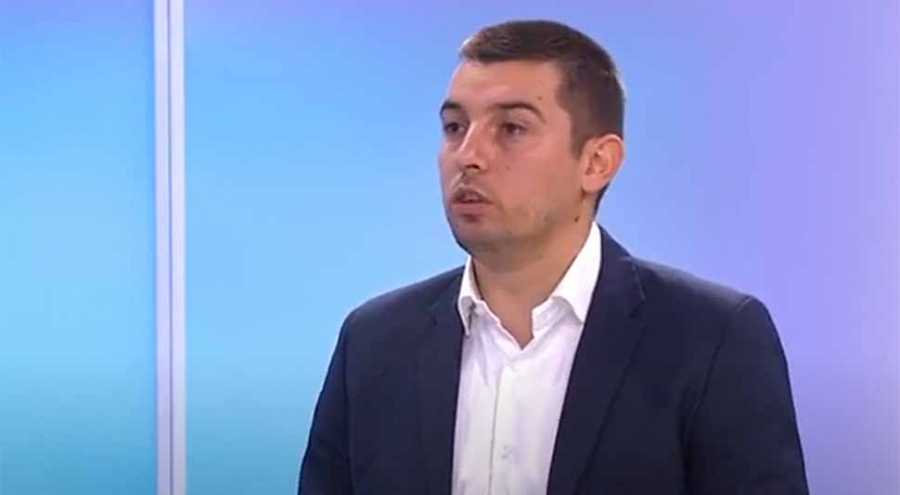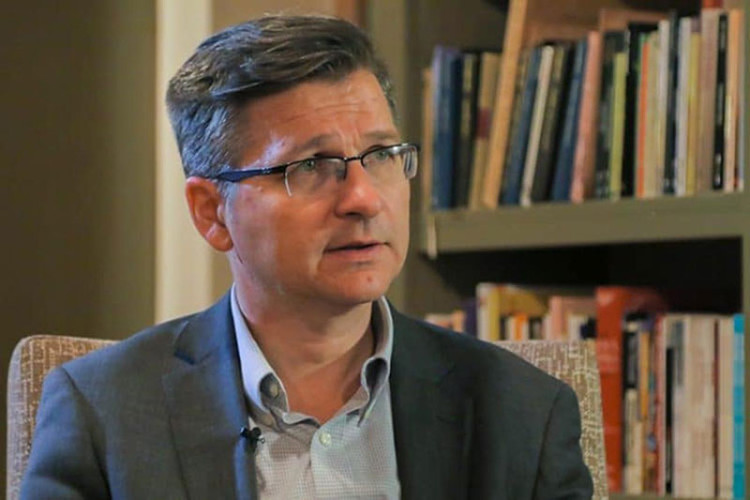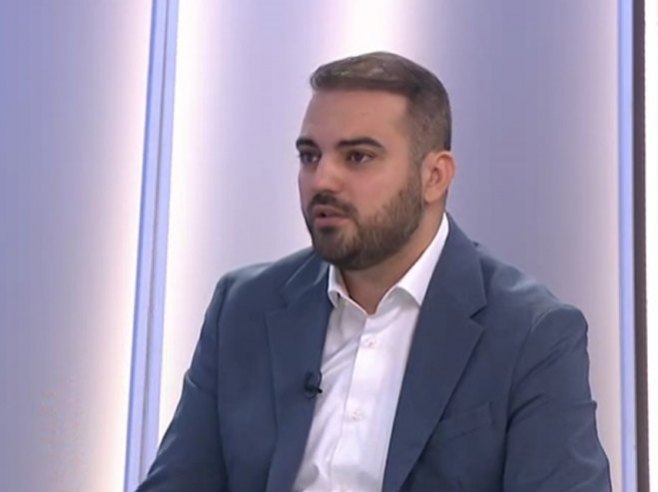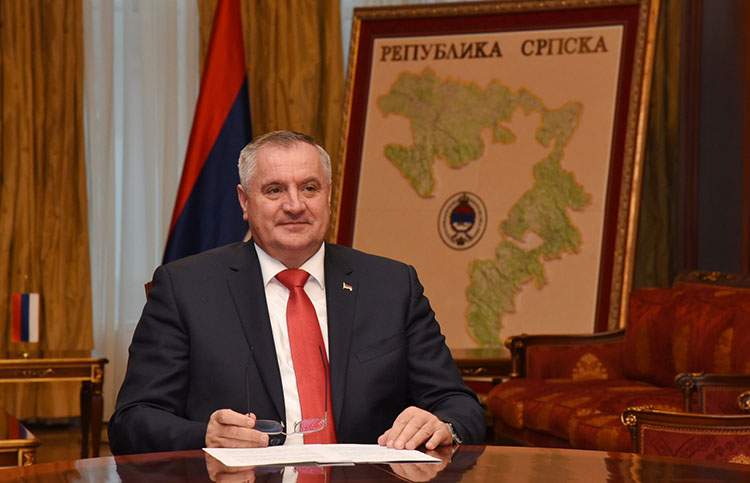Historian Miloš Ković has stated that the essence of Republika Srpska’s existence is that it serves as the final guarantor of the Serb people’s right to exist.
“This is not about politics; this is about a nation that refuses to perish, that desires to live, to watch its children grow, to remain in the covenant, in the sanctified faith of Saint Sava of its ancestors. And that is all,” Ković said at a scientific conference in Bijeljina dedicated to the history of the area in the 20th century.
A professor at the Faculty of Philosophy in Belgrade stated that this conference is the first in a series of scientific meetings on the history of Bijeljina, aiming to explain not only how but why Republika Srpska was created.
“The answer is summed up in one sentence – never again 1941. The Serbian people, especially the people of Republika Srpska, know what genocide is; the Serb people of Republika Srpska have suffered it three times in the 20th century,” emphasized Ković.
He pointed out that during World War I, genocide began on the Drina River, on both its banks. In 1941, he says, it was the same hand, the same organizers, and a new attempt followed in 1991/1992.
“This time, the Serb people were prepared. It happened to us twice; how could anyone sensible expect that we would be naive enough for it to happen a third time. To fortunate nations, this never happens. A third time would be too much,” Ković assessed.
He mentioned that the Serbian people endured immense sacrifices during this period but were not caught off guard this time.
Ković says the scientific conference is dedicated to the Serbian people in Bijeljina in the 20th century, but through the example of one Serbian city, it speaks about the history of the entire Serbian nation.
“We’re discussing the dreadful 20th century, which was a time of suffering but also of heroism and valor, as demonstrated by the Serbs from Republika Srpska,” said Ković.
He noted that the history of the Serbian people in BiH began to be systematically written during the Austro-Hungarian era, which penned its version of history.
“It’s enough to remember that they prohibited the existence of the Serbian people, and we were all declared Bosnians,” added Ković.
According to him, this was followed by the period of World War I and the genocidal military administration over Serbs in BiH, then the Kingdom of Serbs, Croats, and Slovenes, later the Kingdom of Yugoslavia when history could be freely written, but this only lasted for 20 years.
Ković states that what followed was the worst possible genocidal Ustaše regime of the Independent State of Croatia, then the regime of Josip Broz Tito, which, he stated, was formally a liberation.
“It indeed was a liberation from the occupiers, but the Serbian people in BiH were gradually, step by step, separated from the rest of the Serbian people, deceived, and divided into the false state of BiH created by the illegal communist authority in Yugoslavia, leading up to what we faced in 1991/1992,” said Ković.
He emphasized that Serbian enemies were ready in 1992, and unfortunately, Serbs have many enemies.
“However, the Serbs did not show themselves to be unprepared. The rest is history,” Ković stated.
Coordinator of the scientific conference in Bijeljina, university professor Dimitrije Ćeranić, said that Bijeljina had been a city in 13 different states that changed names over the past 100 years.
Speaking about the formation of Republika Srpska on January 9, 1992, Ćeranić highlighted that no one would be able to take away the right of Serbs to have their state on their territory, assessing that Republika Srpska is the only guarantor of the survival of the Serbian people on this side of the Drina River.
One of the authors of scientific papers, university professor Goran Latinović, stated that the 20th century was turbulent in the history of Serbs, with hundreds of thousands of Serbs killed in two world wars and the civil war in these areas.
Dean of the Law Faculty of the University of East Sarajevo, Goran Marković, announced further studies of the history of Bijeljina and the Serbian people under different legal and political systems that alternated.
Experts from the universities of East Sarajevo, Banja Luka, and Belgrade participated in the scientific conference, and their works will be published in a collection printedin both Serb and English.
The conference was organized by the Zvornik-Tuzla Diocese, the Law Faculty of the University of East Sarajevo, and the Museum of Semberija.
Source: RTRS









